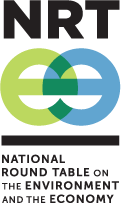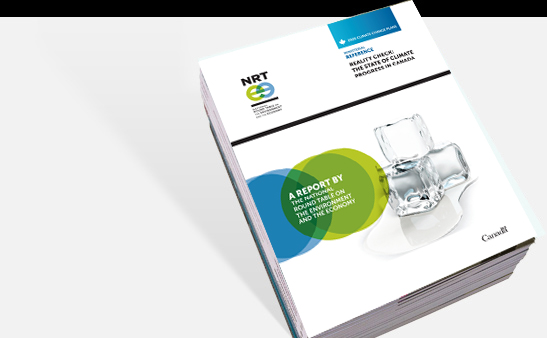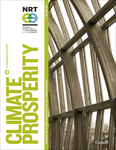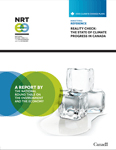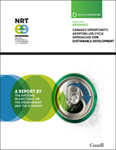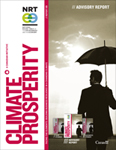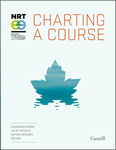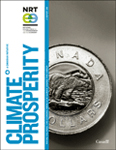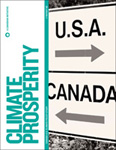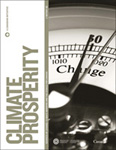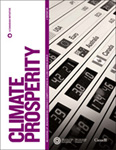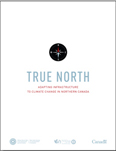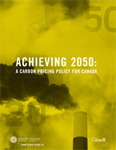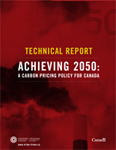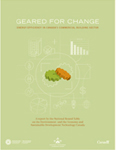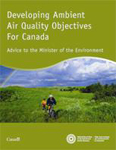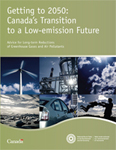February 21, 2012 – Consulate General of Canada in Miami and Florida International University
The Consulate General of Canada in Miami and the Florida International University (FIU) School of International and Public Affairs co-hosted the Global Energy Security Forum entitled Canadian Oil Sands and North American Energy Security on February 21, 2012 in Miami, Florida. NRT President and CEO David McLaughlin spoke at this event on the Canadian oil sands and energy context, and provided perspectives on the Canada-U.S. energy relationship. Visit event website
Event Overview
There is a Western Hemisphere energy boom underway, from Canada to Argentina. One of the most important sources of oil leading this energy boom is the oil sands of Canada located in Alberta province. Alberta is almost as big as Texas and the oil sands cover an area nearly as big as Florida. Oil sands is processed into a heavy crude, similar to other heavy crudes found in the Western Hemisphere, but oil sands have only recently been considered to be part of the world’s oil reserves, as higher oil prices and new technology have enabled them to be profitably extracted and upgraded to usable products. Currently Canada is the largest supplier of crude oil and petroleum products to the U.S., with 2.5 million barrels per day in 2010, and has the second largest oil reserves in the world after Saudi Arabia. According to the most recent estimates, Canada has reserves of 180 billion barrels of oil, 175 billion of which are oil sands. By 2025 it is estimated Canada will be producing 2.2 million barrels per day of oil from oil sands. This one-day conference explored the full range of issues related to oil sands and the Keystone pipeline and their place in the U.S./Canadian relationship, including economic growth, trade, job creation, environment and energy security policy.
